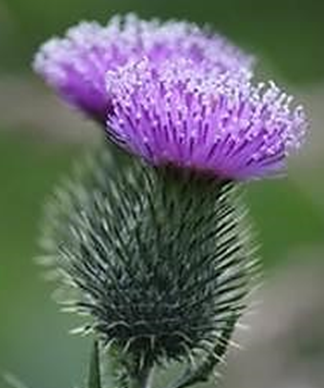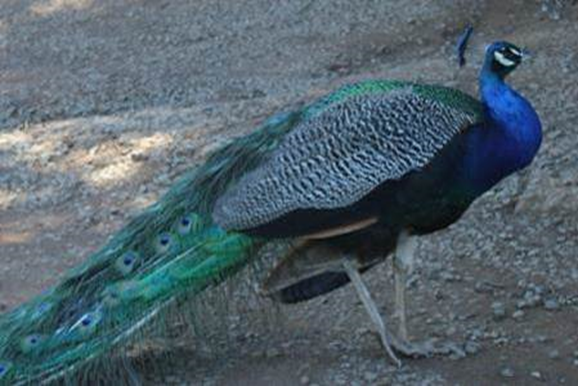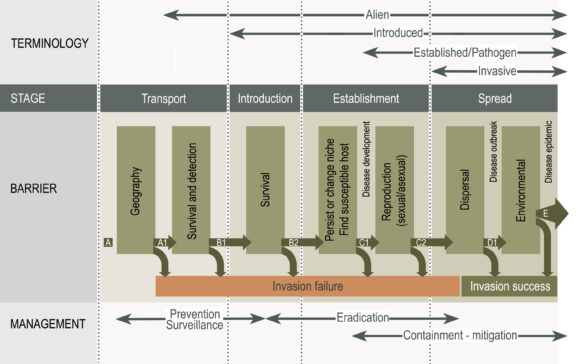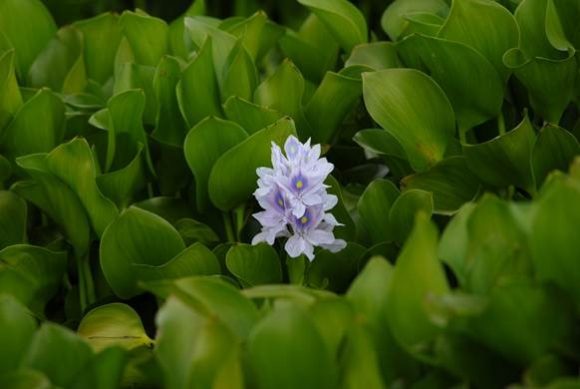
Information on how or why alien species arrive in a country can help prevent future introductions. Such information is usually stored in databases, and in many parts of the world, these databases are used for research and management. In South Africa, alien species databases are available for many types of organisms (like mammals, birds and plants) but it is unknown whether South African databases can be used to the same extent as the databases of other countries.
In a recent study, published in Bothalia: African Biodiversity and Conservation, C·I·B PhD student, Katelyn Faulkner and colleagues assessed the information content of South African alien species databases to see how it compares with databases from other countries.
They found that the information provided by South African databases is good for some organisms (e.g. birds), but is poor for others (e.g. insects), and that useful information is often not provided (e.g. invasion status data). South African databases also have less information than many of the databases for other countries.
Katelyn and colleagues came up with eleven recommendations to address the gaps they identified. One recommendation suggests the development of a single, standardised meta-database that allows cross-taxon comparisons.
According to Katelyn, “A meta-database will make information on alien species more accessible, and will have a standard format which will facilitate research within and across different types of organisms.”
Read the paper
For more information, contact Katelyn Faulkner at katelynfaulkner@gmail.com



